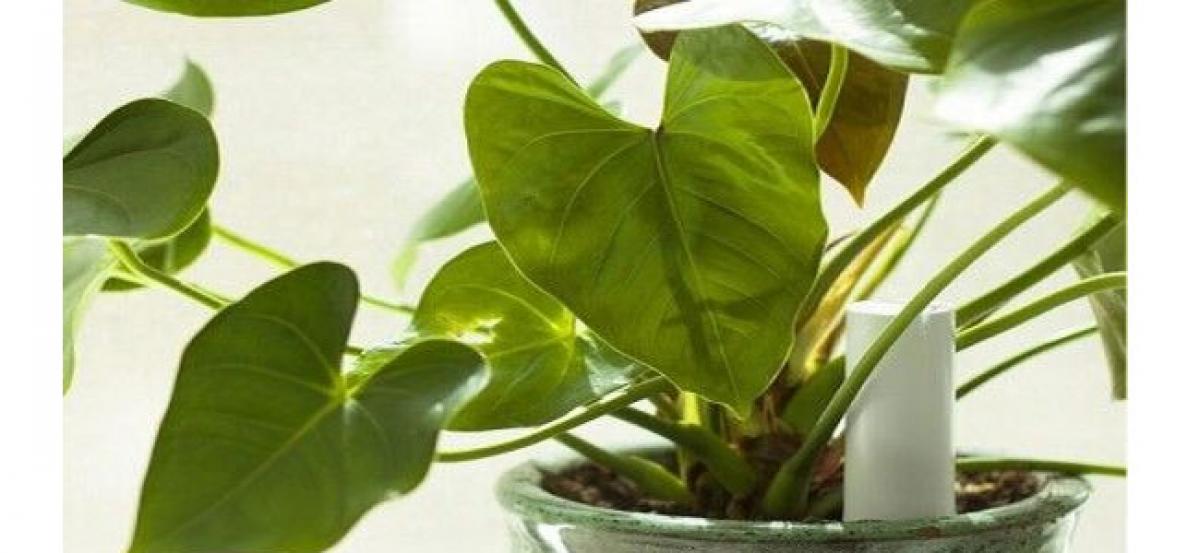Live
- World Day of War Orphans 2025: History, Significance, and Heartfelt Quotes
- itel launches A80 – An Awesome All in One Smartphone with 120 Hz Refresh Rate and IP 54 Dust & Splash Proof Rating
- Celebrating India’s 1983 World Cup Hero: Kapil Dev
- Transforming Employee Engagement: How AI is Revolutionizing HR Strategies
- HMPV Case Detected in Bengaluru: Here’s What You Need to Know
- Daily Horoscope for January 6, 2025 - Astrological Insights for All Zodiac Signs
- Film City a befitting acboost to Rachakonda
- Officials told to be attentive, transparent in addressing public grievances
- Bhatti pays visit to BC & SC hostels
- Cyberabad police arrest two in CMR college girls hostel voyeurism issue









